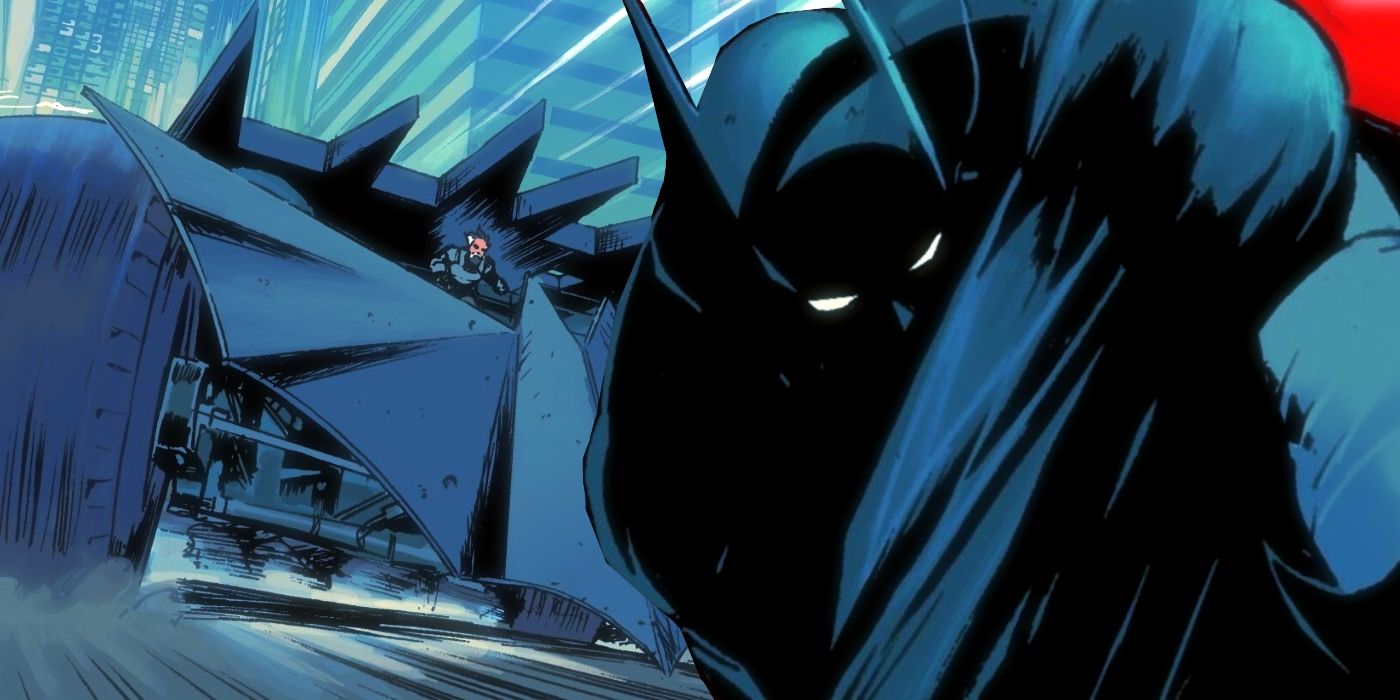“Cult of Love” begins with a tableau so close to perfect that one can see it shattering even before it happens.
The Dahl family have come together to celebrate Christmas, with three of the family’s four grown children and their spouses gathered on the evening of the 24th, playing instruments and singing a liturgical carol, hitting every harmony just right. It’s a Dahl’s house, all right: The set (courtesy of scenic designer John Lee Beatty) falls just on the right side of good taste in terms of its extravagant evocation of the Christmas spirit, with strings of lights whose twinkle can come to seem like an oppressive glare.
But that comes later: As we begin, the assembled parties seem, mainly, in good cheer, as we’re left to analyze them as they perform their fairly lengthy opening number. (Trip Cullman, who directed the show at Berkeley Repertory Theatre earlier this year, directs once more.) But as the minutes pass, a few fissures seem evident. We haven’t yet really met these characters, but we can tell — can’t we? — that Mark (Zachary Quinto) is throwing himself into the number as if evading something that will spring back into his consciousness when the song ends. Meanwhile, Pippa (Roberta Colindrez) seems pained by her status as an outsider to the family, casting as she does a sarcastic side-eye to it all, even as her wife Evie (Rebecca Henderson), a Dahl by birth, can’t help but get down. And doesn’t the woman we’ll come to know as little sister Diana (Shailene Woodley) seem unusually, well, spirited as she sings?
The clever element of “Cult of Love,” Leslye Headland’s play first performed in 2018 and newly on Broadway at Second Stage’s Hayes Theater, is its subversion of a certain holiday-season trope. While every single Dahl has something to get off of his or her chest, they’re not gathered there for one special or one final Christmas. Indeed, they’re all going through the motions, summoned by the pious matriarch Ginny (an excellent Mare Winningham) to perform the holiday rituals they’ve been acting out since childhood. Raised in an unremittingly strict, buttoned-up household, the four Dahl offspring must restage their childhood, year after year, as grown-ups.
That relatable conceit buoys this comedy of manners — for as long as it stays a comedy of manners. The family has a practiced way of talking around the things that really matter, from Evie and Pippa’s relationship (grudgingly accepted, it seems at first, by the more conservative of the Dahls) to the ever-diminishing memory of aging dad Bill (David Rasche) to whatever it is that’s going on with Diana, who’s brought her Episcopal priest husband (Christopher Lowell) and her infant child to Mom and Dad’s to stay indefinitely in the midst of a seeming mental-health crisis. Throw into the mix the absent Johnny (played, when he arrives, by Christopher Sears), whose recovery from heroin addiction allows his siblings to cast him as the black sheep, shielding Mark and Evie from having to reckon with their own respective issues, and you’ve got a wonderfully intriguing set-up. The fact that, between the Dahl parents, Bill cannot and Ginny will not engage with their children’s manifold issues only promises to push us further into the strife one family experiences the 364 days of the year that there aren’t presents under the tree.
Unfortunately, “Cult of Love” defaults first to one method of storytelling, then another — and neither of them are as fleet as the show’s first hour, which clicks along, establishing relationships in a way that’s so carefully written as to seem effortless. (Of the cast members not yet mentioned, Molly Bernard is exceptional as Mark’s wife Rachel, increasingly resentful of all that she gave up in order to attempt to weave her way into this impossibly close-knit family.) First, the show’s barnburner opening number is followed by a very, very, very long group performance at the show’s midpoint after prodigal son Johnny’s arrival. The number fails to say significant new things. And, in a surprisingly misjudged bit of staging, it strands Johnny’s plus-one, Loren (“Euphoria’s” Barbie Ferreira, who does very well throughout despite her awkward introduction) to idly grin and clap as the Dahls perform, endlessly. We get it: It’s an environment that’s hostile to outsiders. After the seventh or eighth verse, though, that group of outsiders whom the family won’t let in comes to feel like the audience, too.
The play then moves into a protracted endgame; at 100 minutes without an intermission, “Cult of Love” feels, for lack of a better word, long. Part of it, yes, is that, for a while, the escalating revelations about the family dynamics come to make us feel pleasurably trapped. But once the drama comes to a head, there is a long journey toward Christmas morning, one in which serial one-on-one conversations come to feel, eventually, like what had been a sure-footed piece of writing is suddenly dithering toward meaning in the midst of human messiness.
But what a mess it is. Among the siblings, Woodley, a star of film and TV (“Ferrari,” “Big Little Lies”) acquits herself nicely, but, happily for her as a performer, she gets to scream out her pain as her illness becomes clear, and she does so with a clear sense of what Diana, figuring out her future as a pregnant young mother with a mental illness she refuses to acknowledge, is struggling through. Woodley gives her the winsome charisma, and the bottomless need, that makes you understand how she ended up at the center of this family’s psychic life. Sears is a hoot as a very recognizable type, the charismatic addict trying to muscle his way through by making people laugh, although (to his and Headland’s credit) the humor grows more painful as the show goes on. And Winningham and Rasche both play a showy, gaudy kind of devout restraint — they can’t help but call attention to how little they call attention to themselves, you see.
Quinto and Henderson, by comparison, struggle slightly. In Henderson’s case, playing the Dahl sister who (accurately enough) perceives homophobia around every corner, there’s a question of elevation. In the show’s early going, she declares “I hate everyone here,” and she spends practically the entire second half of the show announcing that she’s imminently going to leave the house — no, but for real this time, and she won’t be coming back. (She won’t!) There’s practically nowhere for her to go — not even the AirBNB to which she keeps idly threatening to decamp — and practically no evolution for her to experience. The “practically” here is because her vibing out to music in the show’s opening number, contrary to her own sense of wanting to dodge her family and her wife’s increasing discomfort, opens up intriguing avenues for where the character might have gone.
And Quinto has to shoulder the show’s closing conversations, ones in which Mark, in the midst of a decades-long crisis of faith — we’ve been told he studied to become a priest, before dropping out and pursuing a career in the law — has to close out the show by giving a conclusive sense of what it all means. His conversation with Ferreira’s Loren, herself a pill addict invited by her Narcotics Anonymous sponsor, Johnny, features one lovely callback to a moment in the play that brought a tear to my eye; it also features some of the show’s haziest and loosest writing.
There is so much good and sharp in “Cult of Love” — its treatment of grown siblings reckoning with their parents, its tactical observations about how in-laws fit into a family unit — that its slack moments rankle somewhat. Fairly dully written condemnations that Quinto’s and Henderson’s characters toss out against religious faith play now as easy applause lines; I wish they were sharper, because this show has so much going for it. But give “Cult of Love” this much: It leaves the audience on a high. Its central musical number falls flat, but when the siblings raise their voices in a harmony they cannot help but find, no matter their disjunction, an entire play’s worth of missed opportunities for character development wash away. Call it, perhaps, the spirit of Christmas — or just the desire to forgive a flawed show with a great deal working in its favor.









 English (US) ·
English (US) ·